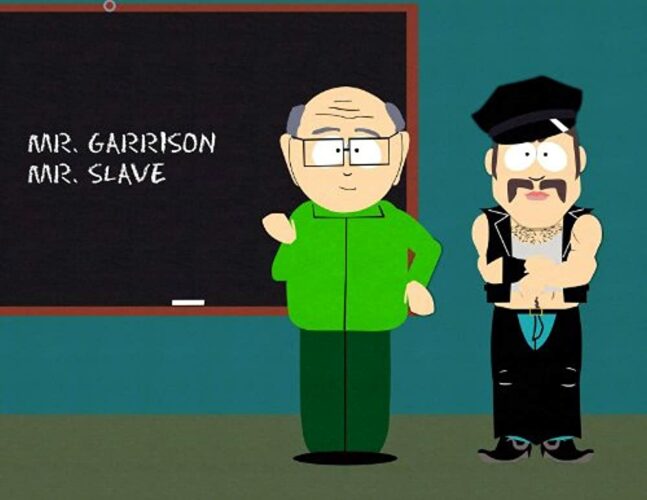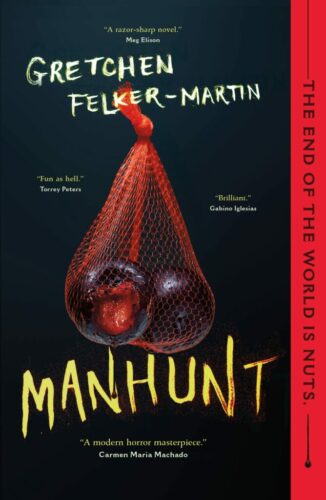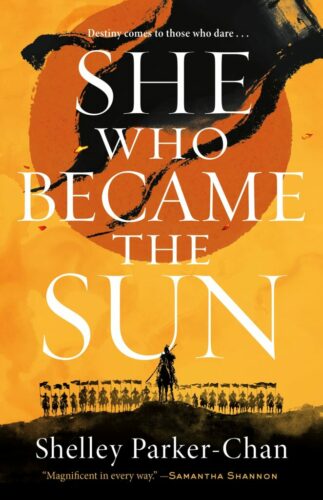No Way Forward (Book Three, Part 56: Really and Truly)

Previously in Last War in Albion: Morrison did the worst work of his career with the recklessly offensive and bullying Big Dave.
A nervous breakdown. There is no way forward. We must set the action in reverse. -Alan Moore, The Birth Caul
Whatever its moral flaws, Big Dave, along with Maniac 5, were the two most popular strips of the Summer Offensive, and so like Maniac 5 it saw itself trotted out for return engagements. This began with the one-off “Young Dave,” a story of Big Dave’s childhood, which appeared in the 1994 annual, followed by two more four-part stories in 1994. These stories moved away from the sheer and over the top big concept premises of the original two strips, finding their humor instead in putting the title character in juxtaposition with iconic parts of British lad culture. The first, “Costa Del Chaos,” sees Big Dave holidaying in Tenerife, while the second, “Whole Lotta Balls,” sees him storming the World Cup to win it for England and defeat the Germans. Tonally both are similar festivals of cynical and calculated offense to the original, but there’s a creeping sense of desperation and trying too hard, as if Morrison and Millar were simply trying too hard for something that neither deserved it nor, truth be told, wanted it. Morrison validates this sense, admitting that “Big Dave clearly had to die. Mark and I were goading each other on every day to break some new bad taste taboo, We both have pretty fucked-up notions about what’s funny and what isn’t. It got to the point where we wouldn’t be satisfied with a Big Dave pitch unless one of us was really badly shocked. We were barely aware that our audience didn’t necessarily want to go as far as we would have liked.”
Mercifully, 2000 A.D.’s editors eventually grew to blanche at their enfants terrible, and pulled the plug later that year. Morrison has suggested a variety of ideas that might have come out otherwise—“Planet of the Darkies,” which Morrison described as “Dave gets sick on a bad kebab and imagines returning from space to a world taken over by immigrants,” “Battleground Bulger,” which saw miniaturized Dave and Saddam Hussein fighting inside the body of a dead toddler, and a story for the 2000 AD Yearbook called “Cheryl-Anne’s Big Night Out,” which saw Big Dave trying to kill Salman Rushdie. This story, which apparently got as far as Steve Parkhouse drawing it, was the one that actually served as the breaking point, with Fleetway head Chris Powell rejecting the story, which largely coincided with both Morrison and Millar ceasing to work with the company, with Morrison going so far as to suggested that he was “blacklisted at 2000 A.D.”
And indeed, their future treatment at 2000 A.D. largely bears this out, at least in the short to medium term. Perhaps the most striking example comes with the strip Janus: Psi-Division, featuring the psychic judge they introduced in Inferno.…










